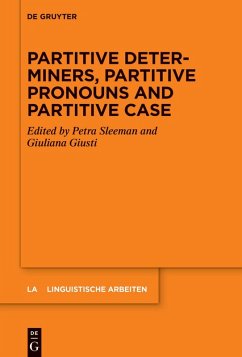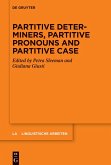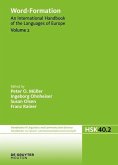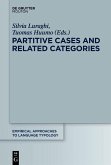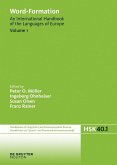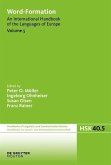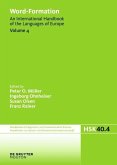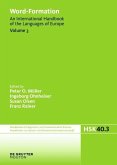Although the interest in the concept of partitivity has continuously increased in the last decades and has given rise to considerable advances in research, the fine-grained morpho-syntactic and semantic variation displayed by partitive elements across European languages is far from being well-described, let alone well-understood. There are two main obstacles to this: on the one hand, theoretical linguistics and typological linguistics are fragmented in different methodological approaches that hinder the full sharing of cross-theoretic advances; on the other hand, partitive elements have been analyzed in restricted linguistic environments, which would benefit from a broader perspective. The aim of the PARTE project, from which this volume stems, is precisely to bring together linguists of different theoretical approaches using different methodologies to address this notion in its many facets.
This volume focuses on Partitive Determiners, Partitive Pronouns and Partitive Case in European languages, their emergence and spread in diachrony, their acquisition by L2 speakers, and their syntax and interpretation. The volume is the first to provide such an encompassing insight into the notion of partitivity.
Dieser Download kann aus rechtlichen Gründen nur mit Rechnungsadresse in A, B, BG, CY, CZ, D, DK, EW, E, FIN, F, GR, HR, H, IRL, I, LT, L, LR, M, NL, PL, P, R, S, SLO, SK ausgeliefert werden.
Hinweis: Dieser Artikel kann nur an eine deutsche Lieferadresse ausgeliefert werden.

